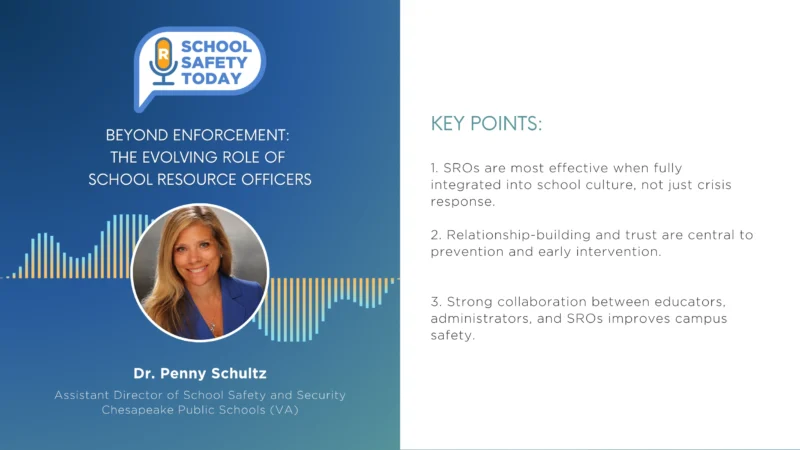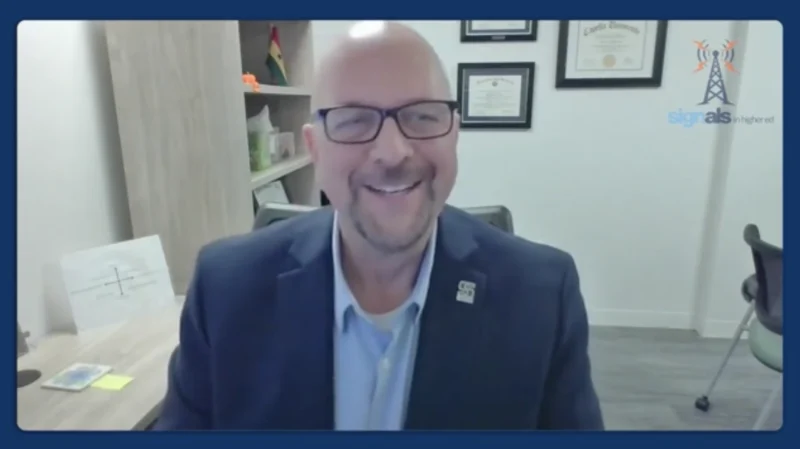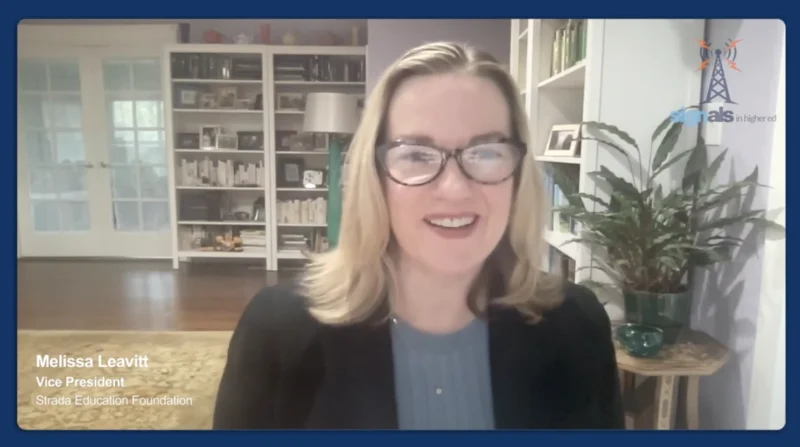Empowering Resilience: Breaking Barriers
In this episode, Justice Sanders shares his inspiring journey of overcoming adversity, battling imposter syndrome, and transforming his life through the pursuit of a GED. Hosted by GED Testing Service, the podcast explores the emotional and psychological hurdles faced by non-traditional learners and highlights the power of resilience, self-belief, and continuous growth.
Key Discussion Points
Justice recounts his challenges, from navigating the pressures of survival mentality to overcoming the fear of failure that often accompanies non-traditional educational paths. His story sheds light on the transformative power of education, particularly earning a GED, as a pivotal moment that propelled him toward new opportunities in technology and personal growth.
The conversation delves into the realities of imposter syndrome, especially in competitive environments like the tech industry, and emphasizes the importance of a growth mindset. Justice speaks candidly about his journey, the support he received, and how his educational achievements have positively impacted his family and community.
Major Takeaways
Justice’s journey illustrates that failure is not an endpoint but a step toward growth. His experiences emphasize that success is not just about achieving goals but also about the persistence and resilience shown in the face of challenges. The podcast underscores the importance of creating supportive environments that encourage non-traditional learners to pursue and achieve their educational goals.
Conclusion
This episode of “Empowering Resilience: Breaking Barriers” is a compelling reminder of the impact that education and personal growth can have, particularly when bolstered by support and perseverance. Justice Sanders’ story serves as an inspiration for listeners, urging them to embrace challenges and continue their educational journeys, no matter the obstacles.




